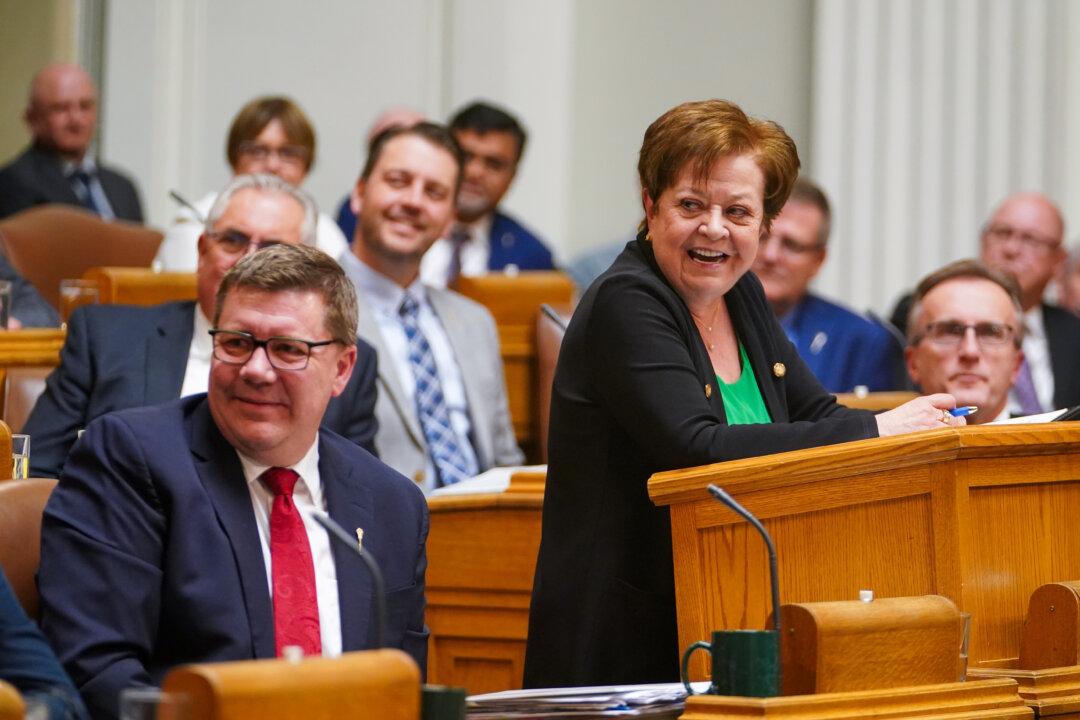Saskatchewan’s provincial government has announced a $20.1 billion budget that increases spending on education, health care, and municipalities.
Finance Minister Donna Harpauer rose in the legislature on March 20 to announce a provincial budget that addresses concerns about class sizes and complexity, as well as crowded hospitals and emergency rooms.





